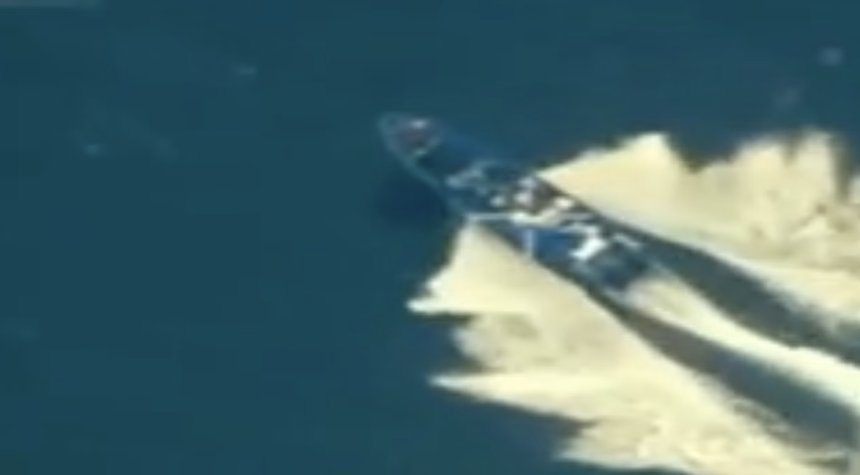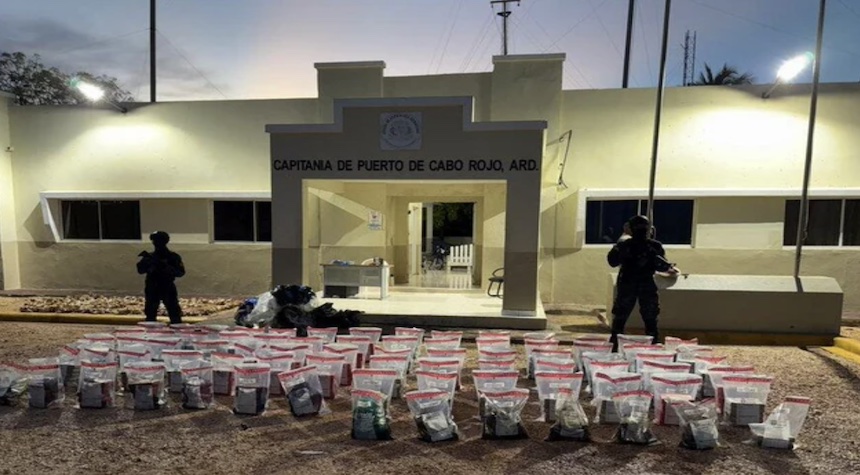Dominican Republic authorities have recovered part of a significant cocaine shipment from a speedboat, recently destroyed by the U.S. Navy in the southern Caribbean. This development follows earlier reports of the Trump administration’s ongoing and contentious anti-narcotics mission in the region.
According to the Dominican Republic’s National Directorate for Drug Control, 377 packets of the illicit drug were retrieved from the demolished vessel, which was allegedly transporting roughly 1,000 kilograms of cocaine. The boat was intercepted and destroyed about 80 nautical miles south of Isla Beata, a small island under the Dominican Republic’s jurisdiction.
The Dominican Republic’s Navy and U.S. authorities collaborated to locate the speedboat, alleged to be attempting to dock in the Dominican Republic to use the nation as a cargo conduit to transport the cocaine to the United States. This joint operation marks the first of its kind in the historical cooperation between the United States and the Dominican Republic in the fight against narco-terrorism in the Caribbean.

In August, the U.S. dispatched a fleet of eight warships and a submarine to the southern Caribbean, a move that the Trump administration claimed was part of an initiative to combat drug trafficking. To date, the flotilla has reportedly destroyed three drug-carrying speedboats, resulting in the loss of more than a dozen lives on board.
This raises important questions about the legality of such actions. Human rights organizations argue these naval strikes amount to extrajudicial killings. This has spurred action in Congress, where two Democratic senators have proposed a resolution seeking to prevent the administration from conducting further strikes.
You May Also Like: Weapons Shortages Force U.S. to Pause Arms Sales to Europe
“The Trump administration asserts that at least two of the destroyed vessels originated from Venezuela. White House officials frequently portray Venezuelan President Nicolás Maduro as a drug trafficker and gang leader. Maduro, however, denies these allegations and interprets the U.S naval activity in the Caribbean as an act of aggression against his nation.”
As this situation continues to develop, we must stay informed and consider the historical context and multiple perspectives involved.


